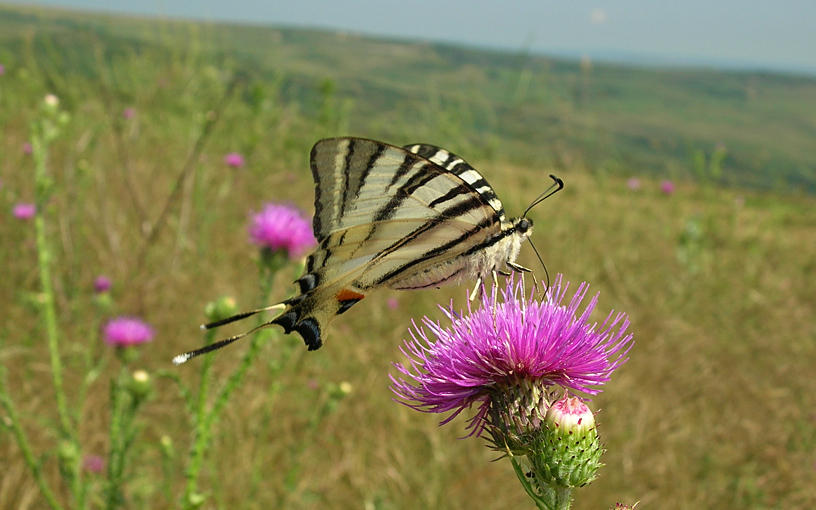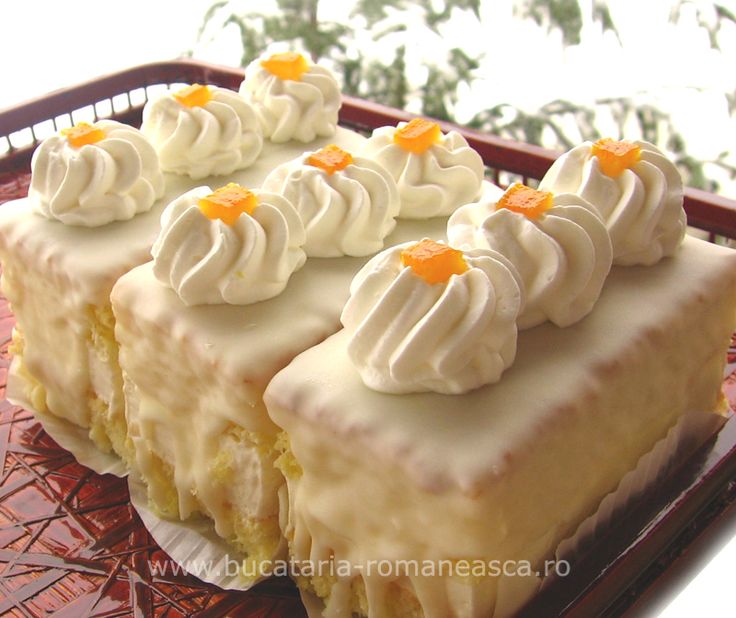
I was surprised to learn from Wikipedia that Romanian has a high number of words that are similar to Italian; from my limited experience of both languages I’ve found plenty of words I recognise, such as seara (evening) but just as many others such as zgomot (noise), which could hardly be further removed from their Italian equivalents (in this case rumore). One observation at this early stage is that feminine words such as femeie (woman), mamma (mother) and libelulă (dragonfly, like the French libellule) are generally more familiar than masculine words: bărbat (man), tatăl (father) and pâianjen (spider). So the lexical similarity with Italian cited by Wikipedia of 77% instinctively seems high, but then common words tend to change more radically when languages diverge. Apparently there’s a degree of mutual intelligibility between the two, with Romanian speakers finding Italian easier to follow than vice versa – though that may be to do with higher levels of exposure.
What they do share is a strong sense of rhythm, both being syllable-timed languages, so that the words bounce along like a rubber ball on a hardwood floor. Stresses tend to fall towards the end, often on the penultimate syllable. It throws up plenty of gems; after seven weeks I’ve started to amass a little collection of favourite words. A popular theory says that every language has a beautiful word for butterfly – papillon, farfalle, Schmetterling – and Romanian’s offering, fluture, doesn’t let the side down** (are trisyllabic words inherently more appealing? Even Dutch vlinder is more agreeable to my ear in its diminutive form vlindertje.) The words for good and bad luck – noroc and ghinion – have a noble quality; I imagine them as two colossal, sullen-eyed statues guarding the gates of fortune. ‘Harmonica’ is no eyesore as words go, but it pales beside muzicuţa, which in the context of the thing it describes might be criticised for generating unreasonable expectations. I forget how many words the Inuit are supposed to have for snow, but I doubt many of them stand up to zăpadă. And the Romanian for cake – prăjitură – is mouthwatering in its own right.

Romanian delights in challenging combinations of consonants, like the opening salvo in the aforementioned zgomot. It’s the first language I’ve encountered where the adjacent letters in the middle of words like succes, excellent and adolescent are spoken distinctly rather than being elided. Unlike Italian, with its ubiquitous final vowels, or French, where the final syllable is often either swallowed or melts in the mouth, Romanian is fond of ending words on crisp sounds like the hard ‘c’, which can give it a dry, blunt character. At times it sounds like the language the Scots would have produced if they’d been given custody of Italian for a few centuries.
Words are memorable for lots of reasons, and all languages have their gigglers – an old Dutch primer legendarily introduced the word for sailor, matroos, with the phrase u bent matroos, which has prompted sniggers among English speakers for generations. Some French humorist with a Greek grammar and plenty of spare time once devised the Greek sentence Ouk elabon polin, alla gar elpis ephe kaka. The Greek means ‘The city has not been taken, but hopes are said to be low,’ but in French it corresponds phonetically to Où qu’est la bonne Pauline? A la gare, elle pisse et fait caca: Where is our dear Pauline? Pissing and shitting at the station*. One Romanian word for girlfriend is iubită – literally ‘the beloved’, which unfortunately to an English ear sounds like ‘you beat her’. And Romanians who like running in parks must be bemused by the reaction they get to the phrase eu fug în parc. Eu (I) sounds similar to the pronunciation of ‘you’ in Birmingham, so I invented a cod-Brummie mnemonic: “Eu fug în parc? Yow’re fuggen joking.”
*As described in the Belgian writer Kristien Hemmerechts’s memoir Kronkelpaden van het geheugen (The Winding Paths of Memory).
**(Incidentally, if you’re interested in Romanian butterflies, Vlad Dincă’s site is well worth a visit.)
Continue: Pushing in the coins